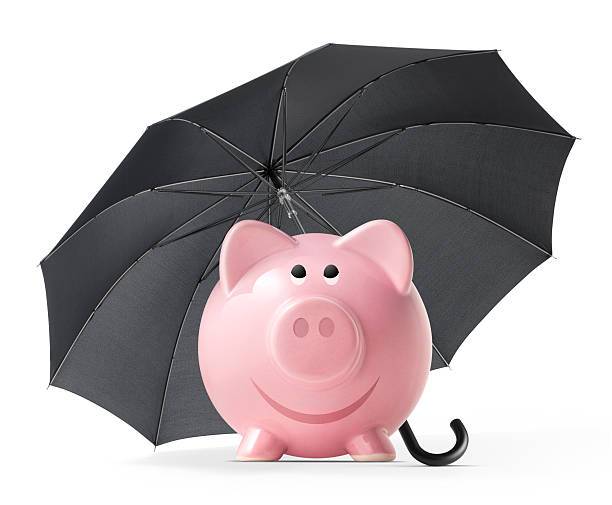 One of the first lessons of money management our parents taught us was to save for a rainy day. Life throws financial curve balls and it’s not IF, but rather when. If we’re not prepared for that strike from left field, the happy life we worked so hard to build, will be ripped to shreds. Not being able to sustain your lifestyle and pay your bills can be devastating! When going to the mailbox or managing your email becomes a tragic event, you have to get creative and pull yourself out of the hole you fell into. Asking yourself why didn’t you listen to your mother and head her advice to sock something away every payday into a “Rainy Day Fund,” will do absolutely nothing to get you out of your financial mess. If you ask this question and learn a financial lesson, then maybe you can grow from the ordeal.
One of the first lessons of money management our parents taught us was to save for a rainy day. Life throws financial curve balls and it’s not IF, but rather when. If we’re not prepared for that strike from left field, the happy life we worked so hard to build, will be ripped to shreds. Not being able to sustain your lifestyle and pay your bills can be devastating! When going to the mailbox or managing your email becomes a tragic event, you have to get creative and pull yourself out of the hole you fell into. Asking yourself why didn’t you listen to your mother and head her advice to sock something away every payday into a “Rainy Day Fund,” will do absolutely nothing to get you out of your financial mess. If you ask this question and learn a financial lesson, then maybe you can grow from the ordeal.
What exactly is a “rainy day?” The term is used when regular income is disrupted. A rainy day or rainy day fund is a reserved amount of money to be used in times when regular income is disrupted or decreased in order for typical household expense to continue. A rainy day fund is referred to by financial experts as an “emergency fund.” So, how much should we save? Financial experts recommend that you should have “between three and nine” months of expenses saved in an emergency fund. For example, if you need $2,000 a month to live, there’s a big difference between saving $6,000 and $18,000. So what you should save is dependent on how comfortable your living expense is. Personal finance guru Suze Orman advises an eight-month emergency fund because that’s about how long it takes the average person to find a job.
Having an emergency fund aka “rainy day fund” will keep you above water the next time you face an unexpected expense or job loss. Its most important purpose is to give you a lifeline and financial rescue in the event you lose your primary source of income. Remember, you’ll need an emergency fund that will see you through the worst possible situation. If you’re just starting out, you’re not alone—many Americans don’t have an extra $400 saved. Saving money every payday means sacrifice. You don’t always need to go out for lunch at work. Try eating a healthy lunch brought from home and stash the lunch money in your slush fund. Before you know it, that five dollar lunch ends up being a whopping $720 at the end of the year!
Saving money will become a best practice financial habit. If you’re in your thirties, your main financial goals might be buying a home and saving for your kids’ education, but don’t neglect to build up an emergency fund. In order to save money means buying only those things which are necessary. Knowing you have a few dollars tucked away for a rainy day, will help you sleep well at night!
